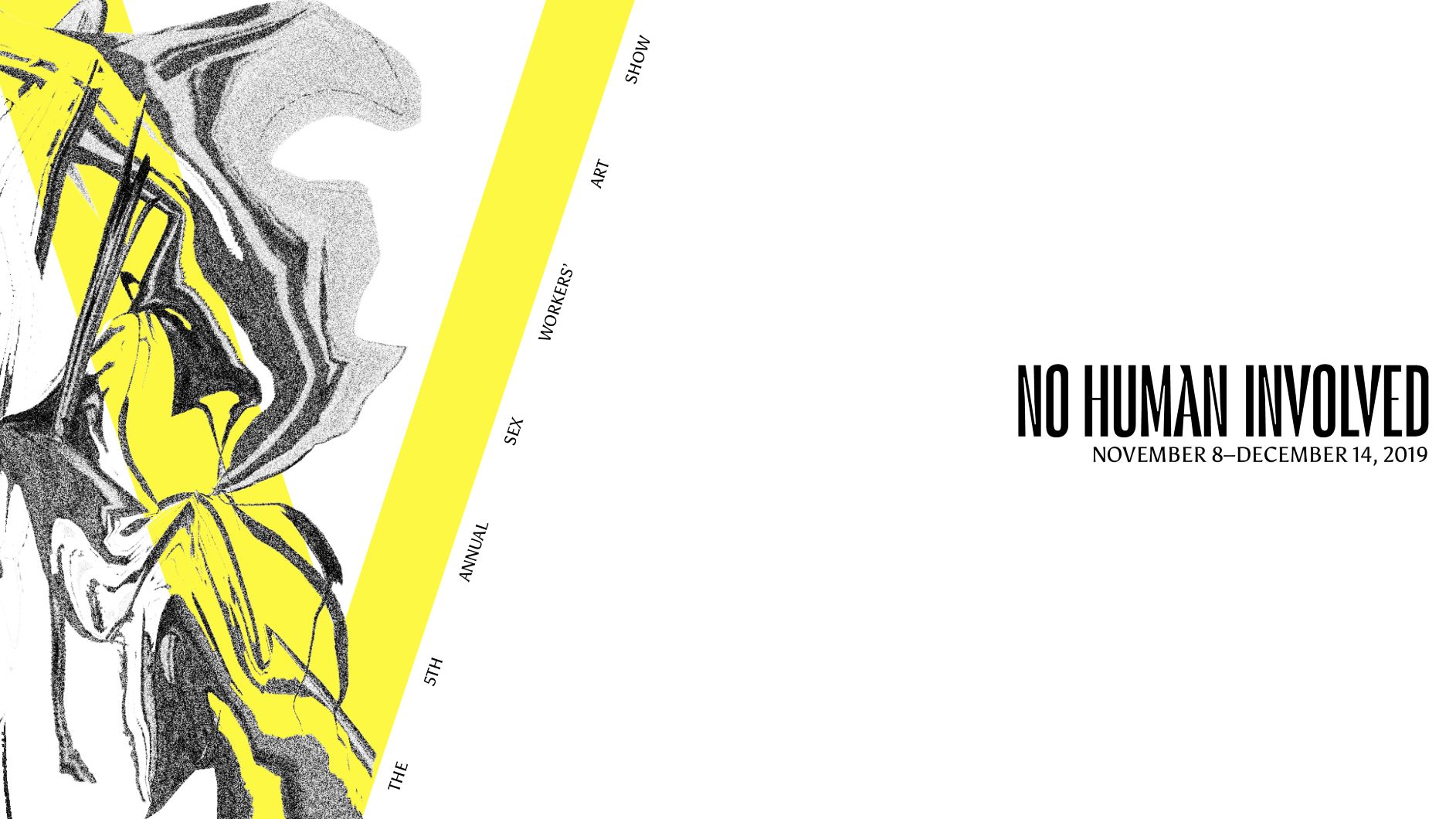R.L. Burnside live, rugged and raw from the Crystal Ballroom
R.L. Burnside
Burnside on Burnside.
Fat Possum/ Epitaph records
I used to play in bar blues band. It was fronted by a 50-something, guitar-slinging romeo who went by the name “Brother Music.” We toured Idaho, Montana and Utah. I heard the “Hoochie Coochie Man” in my sleep for years. I’m currently trying to remember enough to write some memoirs.
These days, I distance myself from the blues. I avoid many of our local blues performances for fear some standards may reattach themselves to my cerebrum. But I do have much respect, especially for the old-timer greats, many of whom have left us.
R.L. Burnside may not be as well known to many as John Lee Hooker, Robert Johnson and Muddy Waters were, but he has dedicated himself to the blues and made a lasting mark.
A southern fisherman and farmer, he studied with Muddy, played alongside Junior Kimbrough and Jessie Mae Hemphill and played the Mississippi hills for decades.
He made his mark on the alternative rock scene with his album An Ass Pocket Of Whiskey recorded with the Jon Spencer Blues Explosion.
His latest release, Burnside on Burnside, is special. It’s special because it was mostly recorded live in Portland on Burnside Street at the Crystal Ballroom at the venue’s 87th birthday party.
This album is special because Burnside’s 22-year-old grandson Cedric lays it relentlessly down on the drums and his 48-year-old “adopted son,” slide master Kenny Brown, slips around in a electrified frenzy while Burnside howls “Don’t be so mean.”
It’s special to me because I was there. I listened for my two hands clapping after his anecdotes and loud rollicking songs. This show was free and I stood in the back of the ballroom, uncomfortable in a state of deja vu beside middle-aged blues fans, yuppies and frat boys.
Most importantly, this album is special because it’s reaI, it happened once and may never happen again. It may never happen again because as the liner notes note: “R.L. moves slowly … like old men do. His eyes are red, runny, and sometimes cloudy. His teeth are gone, his back aches, and his arteries are cloggin’ up.”
It’s special because when you listen to this album you wonder if he could ever die. His voice may sound a little muddy, but it’s fierce and intense. It’s special because his guitar playing may not be filled with flashy blues licks, but it chugs along harder than an over-stoked steam engine. It’s special because after a quick four songs he plays “Long Haired Doney” and says “Well well well. (his favorite shout out) I know I was gettin’ lonesome up here, but somethin’s kinda hot on these lights.
I’m gonna bring me a little tomato juice you know, kinda cool off. Cuz after tonight I’m not going to drink any more. Unless I’m by myself or either with somebody.”
Words like those are as real as his dirty slide intro to the standard “Walkin Blues.” (So much for keeping these classics out of my head.) “I woke up this morning …” And it goes on from there. And on and on until you die. “I guess I got those walkin’ blues.”
After this anecdote the set eases into the solo slide number “He Ain’t Your Daddy.” R.L. is good with a driving trap set and frenzied slide guitar behind him, but on the solo numbers like this the blues really come out. If I didn’t know this was recorded in front of my eyes at the Crystal, I may think it was from the ’50s and recorded in one of Burnside’s native Mississippi juke joints. A place where the slippery slide guitars blend into the patrons blurry eyed ramblings fueled by shots of Jack and dollar cups of beer. Before you know it, this album has moved to track 10, “Goin’ Down South” and to a theater in San Francisco. Cedric, Brown and Burnside ride out the set in fine form, with no sign of aches pains or blues. I think they’ve also chased my blues criticisms away. I was going to say that this album, like the show, wasn’t very captivating, and that it sounded like one long song. But now I remember the blues, or maybe I remember how to feel the blues. And all of a sudden I’m feeling them: the truth, honesty, years of toil and experience that made – and make – this show very, very special.


